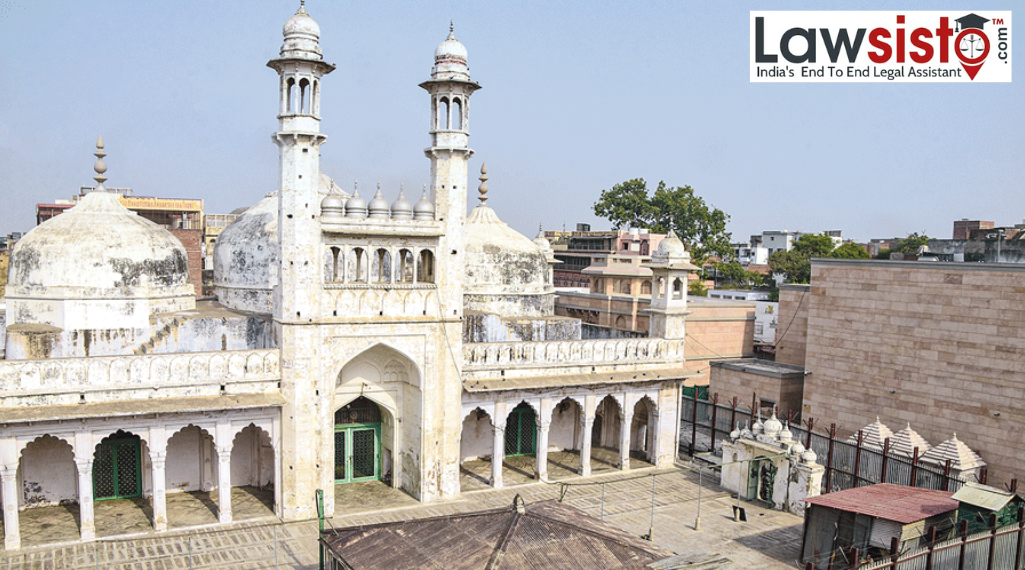Latest News
GYANVAPI-KASHI VISHWANATH: ALLAHABAD HC DIRECTS ASI TO ANSWER THE QUESTION OF WHETHER CARBON DATING WILL DAMAGE THE FOUND STRUCTURE

In the ongoing legal battle between the Gyanvapi Mosque Committee and the four Hindu devotees, a single-judge bench of Allahabad HC (headed by Justice JJ Munir) heard the civil revision petition challenging the District Court of Varanasi's judgment.
To begin with, on October 14, the district court rejected the plea of the plaintiffs (now revisionists) to order a scientific investigation of the structure discovered submerged in the water. The revisionists, Smt. Laxmi Devi and three others claimed before the court that the object found during the videography survey was a Shivlingam or a formless existence of Lord Shiva. They sought "scientific investigation to determine the age, nature and other constituents of the Shivlingam, employing methods such as carbon dating, Ground Penetrating Radar (GPR) and excavation."
The opposite party opposed this plea on the ground that the said structure was only a water fountain rather than a Shivlingam. Moreover, the Supreme Court's order dated May 20, 2022, underscores the protection of the disputed object at all costs. Hence, there's a chance that the Shivlingam might get damaged in the carbon dating process, thereby leading to the violation of the orders of SC. The learned counsel for the revisionists argued that the order of the District Court was "bad in law" as it was purely based on prior reasoning without any substantial evidence. The mosque committees' argument that scientific investigation of the Shivlingam would lead to its damage and violate the Supreme Court's order is just an assumption or apprehension.
They urged that there is no basis for this apprehension because whether the Carbon Dating, Ground Penetrating Radar (GPR), and Excavation would indeed damage it can only be judged based upon the opinion of the Archaeological Survey of India and not by assumption or conjecture. In the end, the Allahabad High Court directed the Director General of the Archaeological Survey of India (ASI) to submit a detailed report on whether Carbon Dating, Ground Penetrating Radar (GPR), and excavation to determine the age, nature, and other relevant information of the structure found at the site, will damage the object or not. The court further directed me to submit the same by the next hearing date, i.e., November 21, 2022.
Initially, the plaintiffs had just sought prayer rights to worship their Hindu gods on the outer walls of Gyanvapi Mosque, for they believed that the mosque was constructed by demolishing the temple. Even the petition was not barred under the Places of Worship Act, 1991, since merely prayer rights were being sought and the religious character of the mosque was not being changed altogether.



































































































